Cats, those enigmatic and graceful creatures, have a special place in our hearts and homes. While they may be independent, their health and well-being are very much our responsibility. Understanding the dietary needs of your feline friend can be a game-changer in ensuring they lead a long, healthy life. Surprisingly, some human foods can be beneficial for cats, providing essential nutrients and health benefits. Let’s explore 10 safe human foods that can give your cat that extra health boost.
Cooked Chicken: A Lean Protein Source
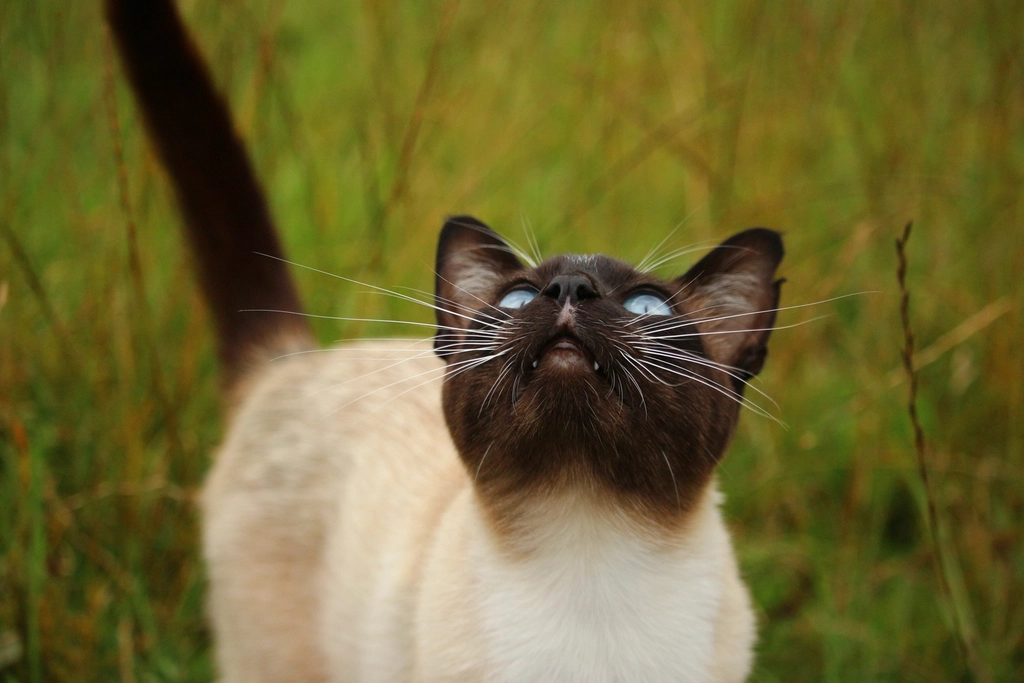
Chicken is a staple in many households, and the good news is that it’s also a great protein source for cats. Lean, cooked chicken without any seasoning can be a delightful treat for your feline friend. Protein is essential for cats as it supports muscle growth and aids in the repair of tissues. It’s important to avoid giving your cat raw chicken as it can contain harmful bacteria. Always ensure that the chicken is thoroughly cooked and free from bones to prevent any choking hazards. Think of cooked chicken as the feline equivalent of a protein shake after a workout.
Salmon: A Dose of Omega-3
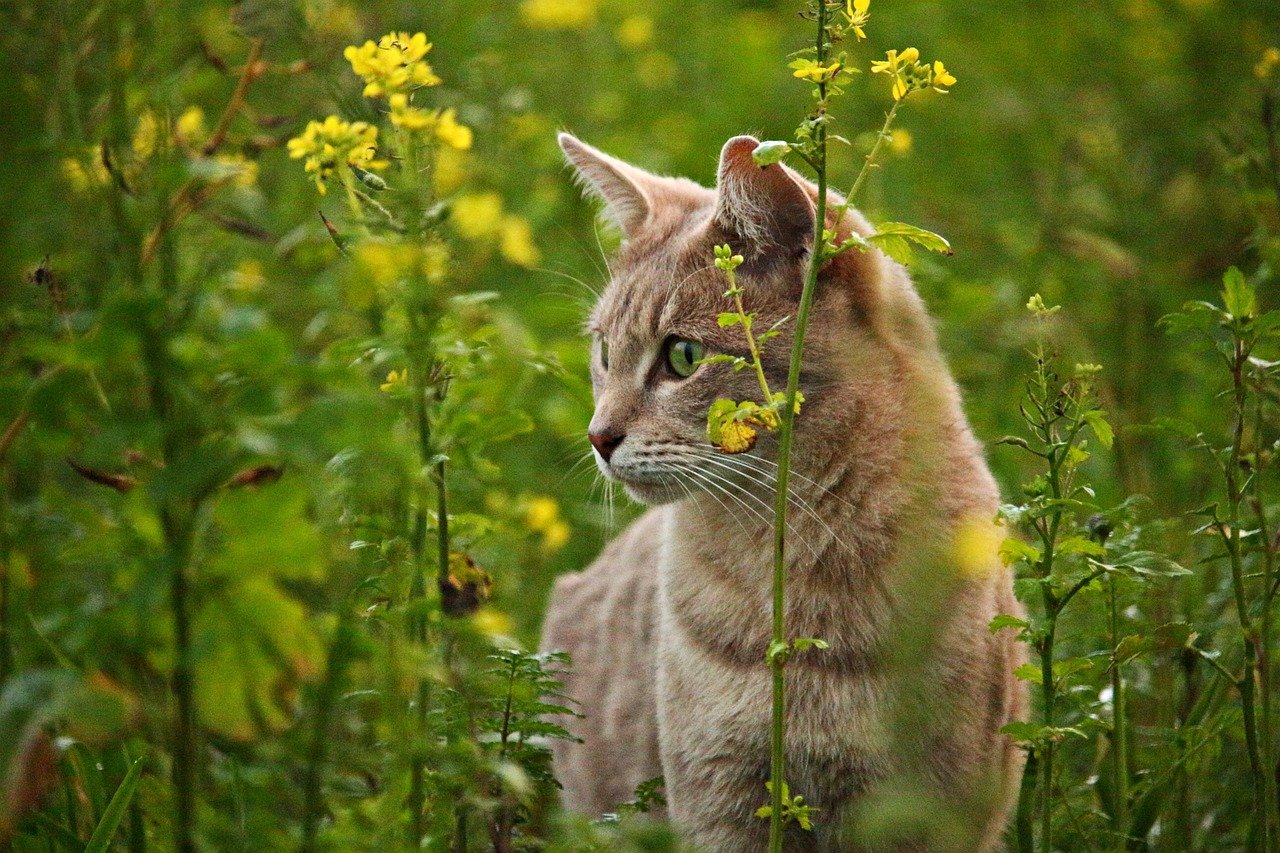
Salmon is not just a tasty treat for humans; it can be a wonderful addition to your cat’s diet too. Packed with omega-3 fatty acids, salmon helps in maintaining a healthy coat and skin. These fatty acids are also known to support joint health and reduce inflammation. When serving salmon to your cat, it should be cooked and free from any added salt or spices. Imagine salmon as a luxurious spa treatment for your cat’s insides, promoting overall well-being and happiness.
Eggs: Nature’s Multivitamin
Eggs are a powerhouse of nutrients, and they can do wonders for your cat’s health. Rich in proteins and essential amino acids, eggs help in maintaining your cat’s muscle mass and overall vitality. They also contain vitamins like B12 and D, which are crucial for energy production and bone health. Ensure the eggs are cooked to eliminate any risk of salmonella. Think of eggs as nature’s multivitamin, packaged in a neat little shell, waiting to nourish your furry friend.
Blueberries: A Berry Good Snack
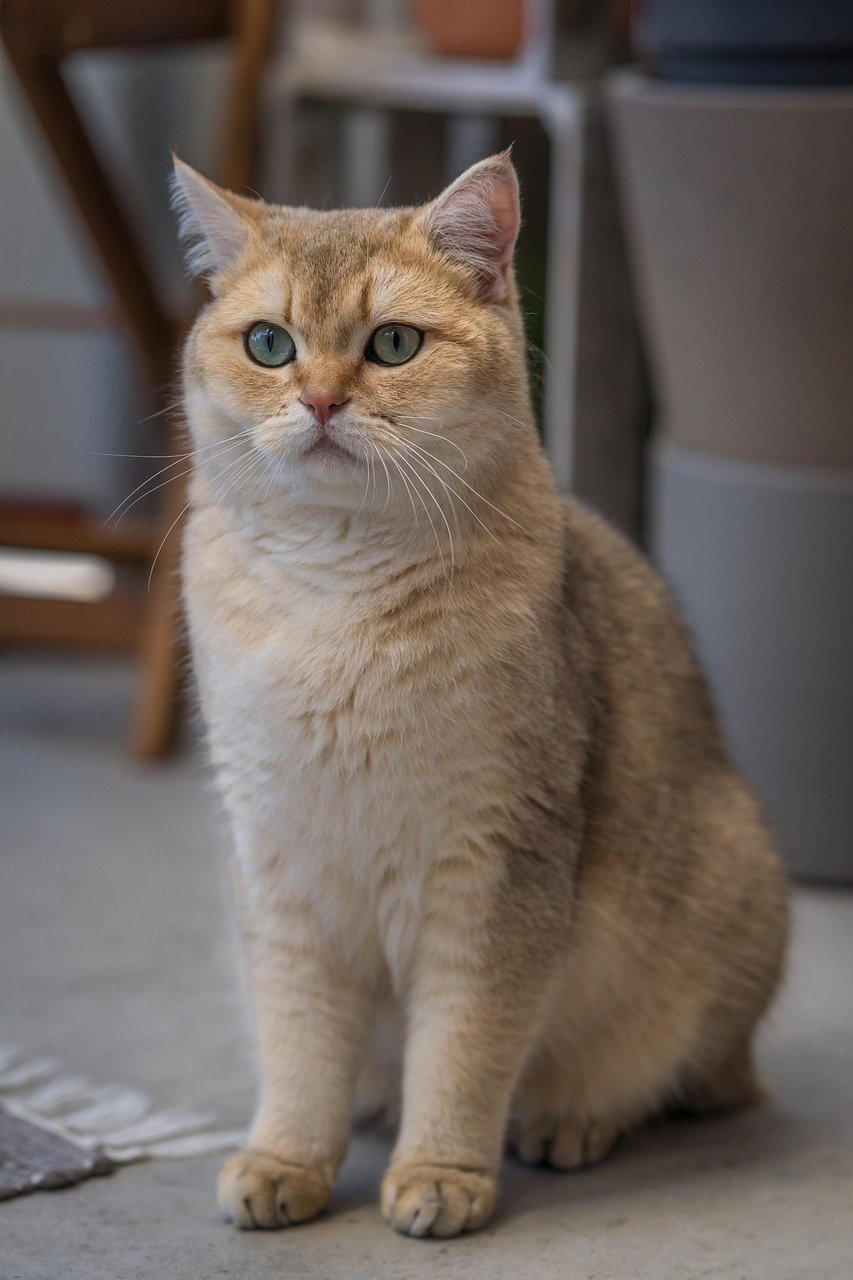
Blueberries are small but mighty when it comes to nutritional benefits. They are packed with antioxidants, which help in fighting free radicals and boosting your cat’s immune system. These tiny fruits can also aid in maintaining a healthy urinary tract. Serve them fresh or frozen, but make sure they are washed thoroughly. Blueberries are like tiny shields, protecting your cat from the inside out, ensuring they stay playful and full of life.
Pumpkin: A Fiber-Rich Delight
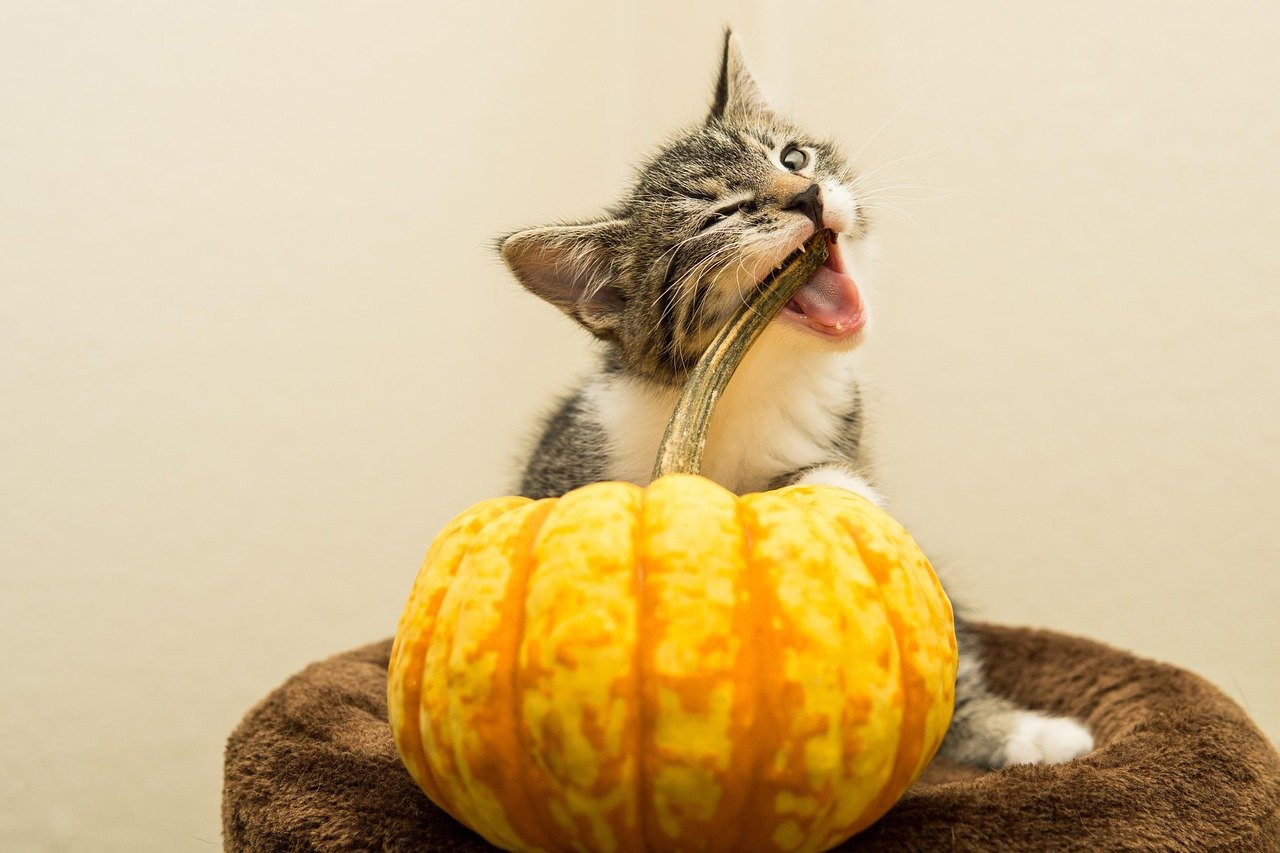
Pumpkin is more than just a festive decoration; it’s a fantastic source of fiber for cats. Fiber is essential for maintaining a healthy digestive system, preventing constipation, and aiding in weight management. Plain, canned pumpkin without any added sugars or spices is the best choice for your feline. Picture pumpkin as a gentle broom, sweeping through your cat’s system, ensuring everything runs smoothly and efficiently.
Carrots: Crunchy and Nutritious
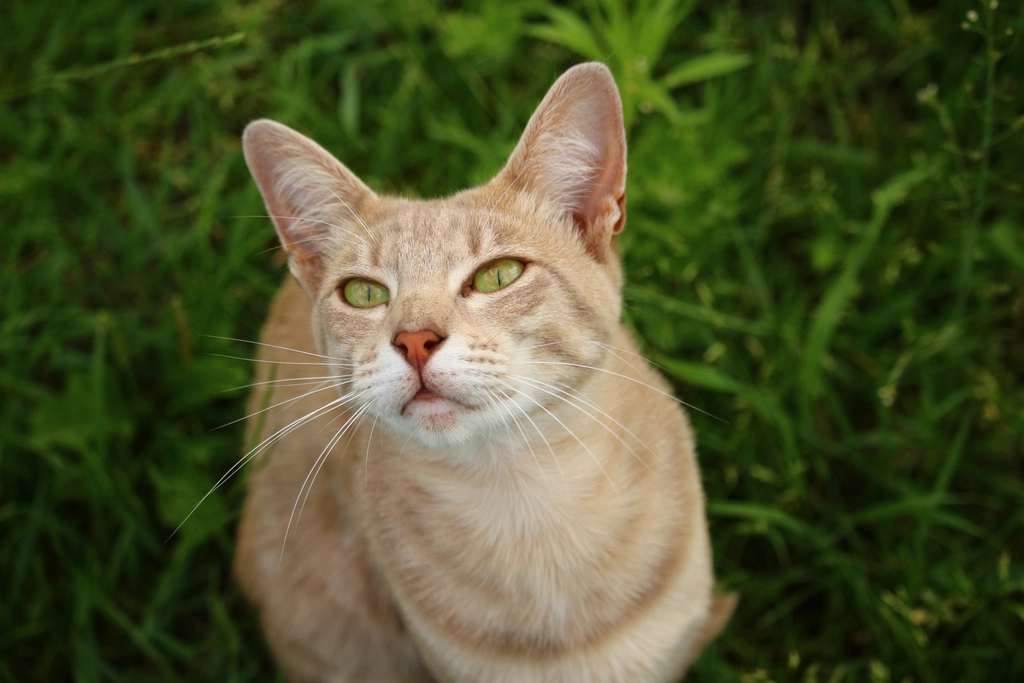
Carrots are a crunchy treat that can be beneficial for your cat’s health. They are rich in beta-carotene, which is converted into vitamin A, crucial for maintaining good vision and a healthy immune system. While raw carrots can be hard to digest, cooked carrots can be a delightful snack. Carrots are like tiny orange treasures, offering a burst of nutrition and a satisfying crunch for your kitty.
Spinach: A Green Powerhouse
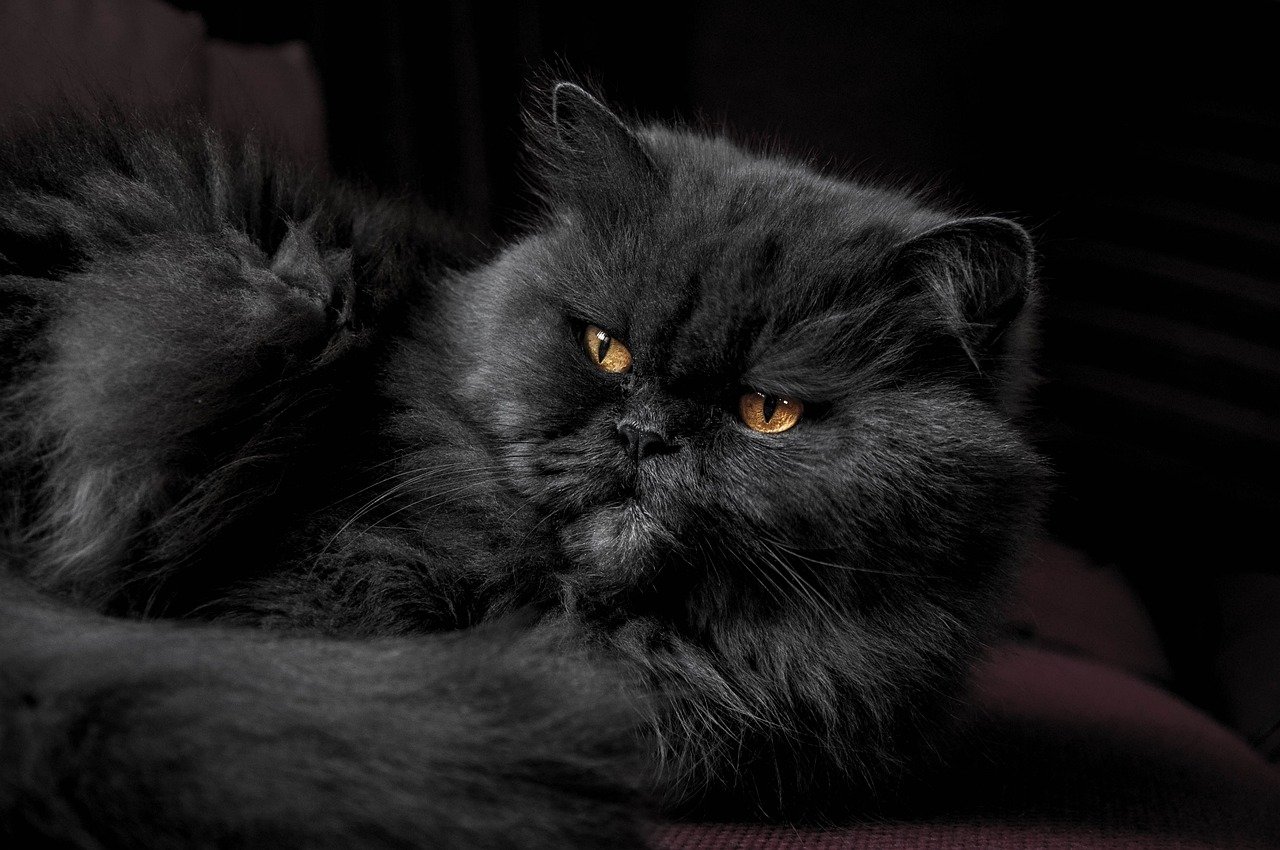
Spinach is often associated with strength, and it’s no different for cats. This leafy green is loaded with vitamins A, C, and K, as well as iron and calcium. These nutrients support bone health, boost immunity, and provide energy. However, if your cat has a history of urinary tract issues, it’s best to consult your vet before adding spinach to their diet. Spinach is like a green cape, wrapping your cat in vitality and strength.
Oatmeal: A Heart-Healthy Option
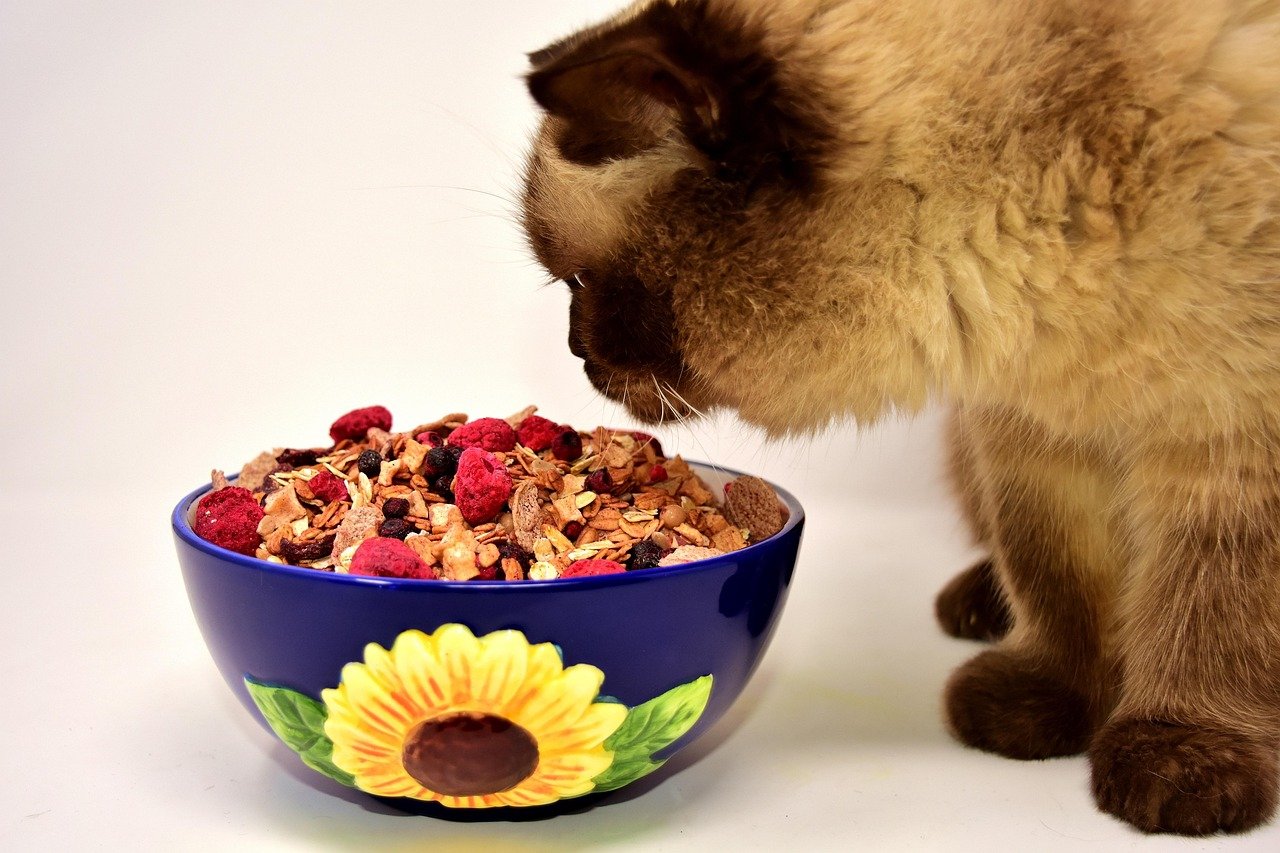
Oatmeal isn’t just for breakfast – it can be a nutritious addition to your cat’s diet too. Rich in fiber and proteins, oatmeal supports a healthy heart and digestive system. When preparing oatmeal for your cat, make sure it’s plain and cooked, without any milk or sugar. Oatmeal is like a cozy blanket, comforting your cat’s tummy and keeping their heart happy.
Bananas: A Sweet Treat
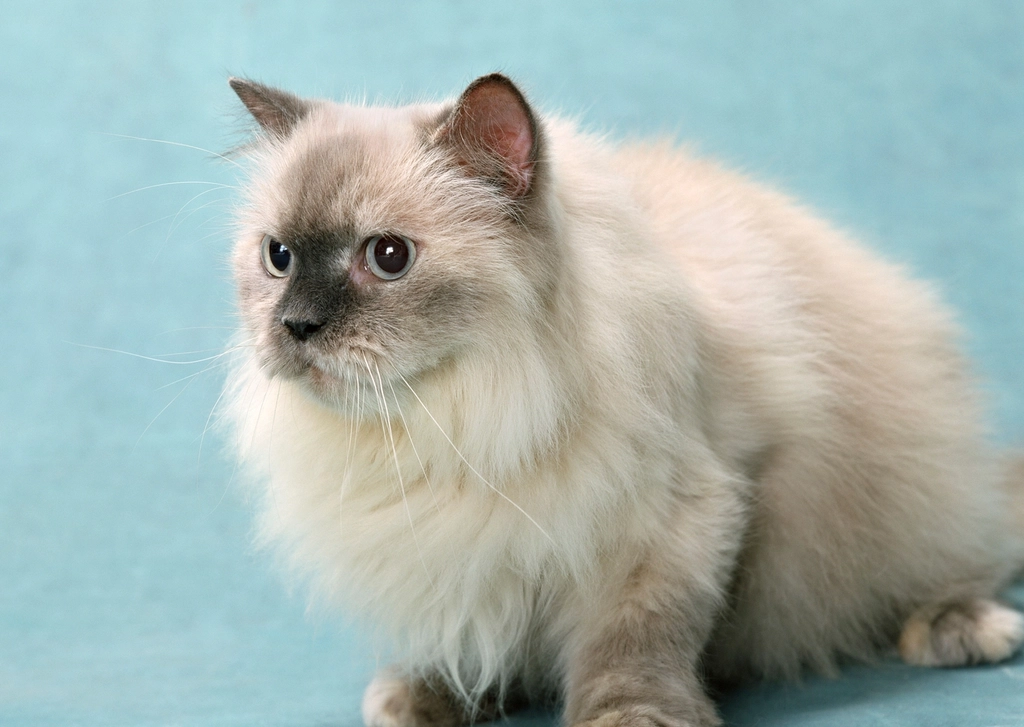
Bananas are a sweet and healthy treat that can be given to cats in moderation. They are a good source of potassium and contain vitamins C and B6, supporting nerve and muscle function. However, due to their high sugar content, bananas should only be an occasional treat. Imagine bananas as a playful dance partner, bringing a hint of sweetness and energy to your cat’s day.
Cheese: A Calcium-Rich Indulgence
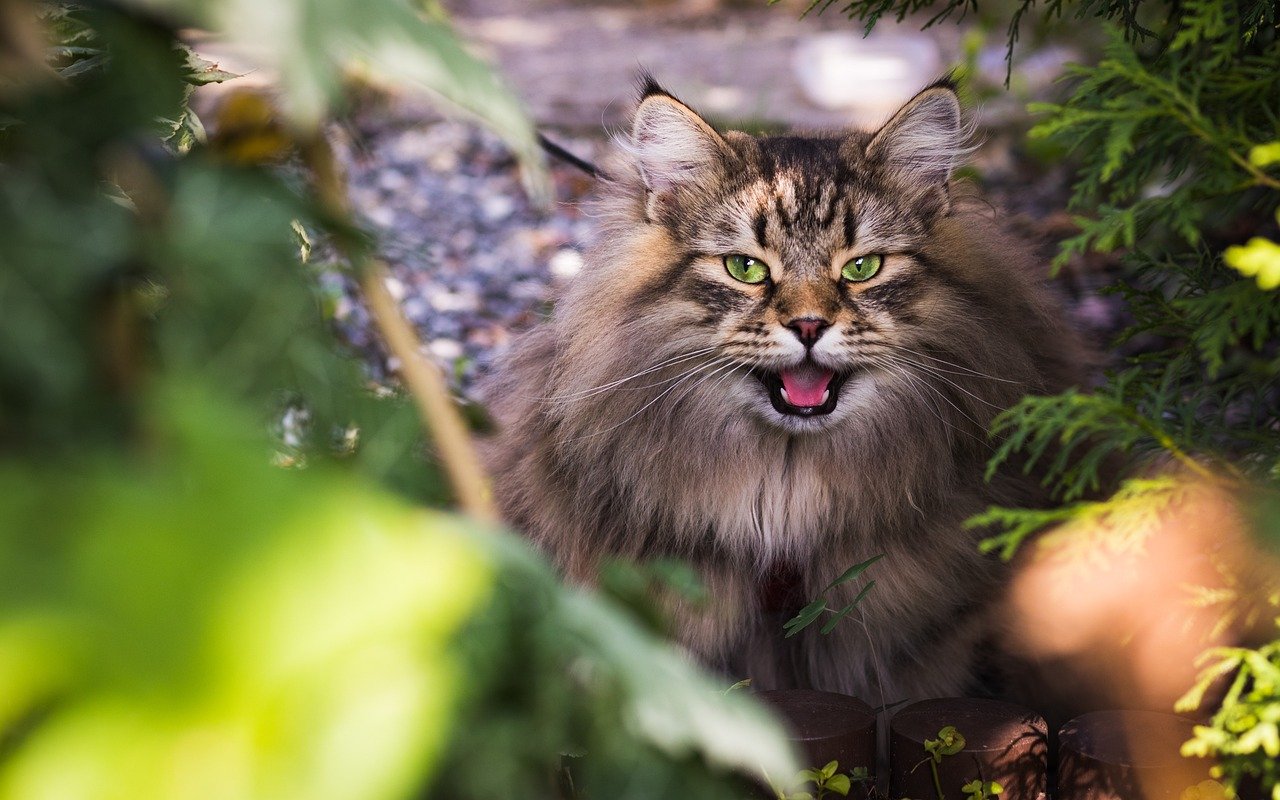
Cheese can be an indulgent treat for your cat, but it should be given sparingly. Rich in calcium and proteins, cheese supports bone health and muscle function. Some cats may be lactose intolerant, so it’s important to monitor your cat’s reaction when introducing cheese. Cheese is like a tiny reward, a small indulgence that can bring joy and nourishment to your feline friend.
In conclusion, while these human foods can offer health benefits to your cat, it’s important to remember that moderation is key. Always introduce new foods gradually and consult your veterinarian to ensure they are appropriate for your cat’s specific dietary needs. By incorporating these safe and nutritious foods, you can enhance your cat’s health and happiness, ensuring they lead a vibrant and fulfilling life.
Hi, I’m Bola, a passionate writer and creative strategist with a knack for crafting compelling content that educates, inspires, and connects. Over the years, I’ve honed my skills across various writing fields, including content creation, copywriting, online course development, and video scriptwriting.
When I’m not at my desk, you’ll find me exploring new ideas, reading books, or brainstorming creative ways to solve challenges. I believe that words have the power to transform, and I’m here to help you leverage that power for success.
Thanks for stopping by, Keep coming to this website to checkout new articles form me. You’d always love it!






